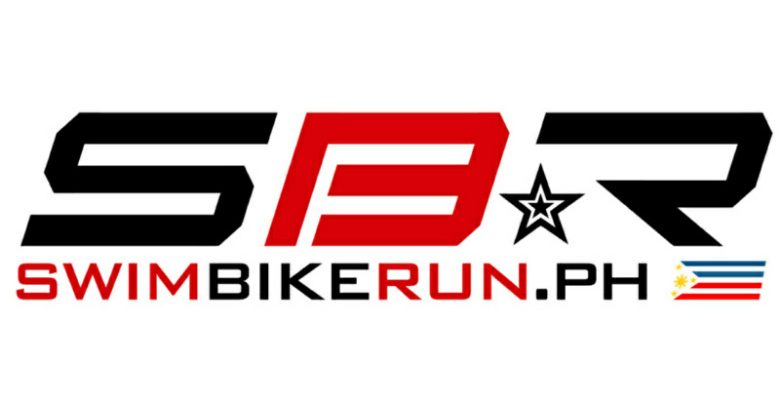Pre Race Nutrition


I wanted to write some thoughts on nutrition before a race. At www.markallenonline.com we have been receiving a lot of questions from our athletes about pre-race preparation, especially concerning eating and hydrating. Getting this part of your racing dialed in is important for all distances of triathlon and gets most crucial for the longer races like an
Ironman. So let’s cover a few of the keys to eating and hydrating that can really help you to be fueled up correctly when the gun goes off.
Carbo-Loading Explained
In the past, a process called carbo-loading was popular for helping athletes store up a few extra carbohydrate calories that would be needed on race day. Extra stored carbohydrates helps extend performance beyond what a person could do without this intense dietary regime. It required eating only fats and proteins for three days, then switching and eating mostly carbohydrates during the final three days before a long event.
Scientific research did indeed show that extra carbohydrates calories could be stashed away in the form of glycogen by doing this. However, later research showed that this type of eating is extremely stressful on the physiology of an athlete. This stress can actually be more harmful than any benefit one would get from storing 500 extra calories. And the bottom line of doing great in a race longer than about 2-3 hours is that you cannot come close to storing enough carbohydrate calories to get you through the day. For an Ironman, you will need to take in thousands of calories to make it to the finish line. So better to forego a technique that is stressful to the body in the final week when low stress is the call.
The Days Leading up to the Race
However, it is possible to store up calories in a safe way. During the sixth, fifth and fourth day before your race you can adjust your diet to be slightly more on the protein and good fats and oils side. Then during the final three days, switch to eating a higher percentage of your diet as carbohydrates. Make sure to eat lots of smaller meals throughout the day when you do this. Even though you can safely put a little extra on the plate at each of these meals, don’t feel like you have to be absolutely stuffed and ready to explode from pigging out at each sitting. By virtue of the fact that your workouts will be significantly reduced during these final three days, you will naturally store up reserves of carbohydrates, but this method allows it to be done in a way that is much safer than the traditional carbo-load.
Along with the calories, you want to make sure you gradually get well hydrated. A human being is very different than other animals when it comes to hydration. We cannot drink gallons all at once at the watering hole and expect to absorb it like other creatures. We will excrete most of it. A human being hydrates by drinking more modest amounts of liquid over a longer period of time. So as you go into your final days before the race, gradually increase your liquid intake and sip throughout these days. Don’t wait until 24 hours to go and down gallons of fluids. This just doesn’t do the trick.
Also for a long race, one of the things that you can also store up is salt. As long as you do not have any issues with hypertension or other heart conditions, you can add some extra salt to your dishes during these final days. Just like carbohydrates, you body can store up extra salt as well. This can be a significant plus in your race performance in any race lasting longer than three hours or a race of any distance if the conditions are especially hot. After about three hours of sweating, most people will begin to experience a reduction in performance if they are not replacing their sodium they are losing. Although one cannot store up enough salt to last the entire day of, say an Ironman, it is good to at least start out the event with a full supply in your body.
Race Day Breakfast
Pre-race breakfasts can be one of the biggest questions for people. The answer of what to eat lies in what you would normally consume before heading out for a very long day of training. If you would eat more than a couple of bananas, then on race morning you will also need more than a few bananas. Do what you would normally do. The thing that can be different than on a training day is that you might prefer to get your calories from liquids rather than solids. There are many meal replacement drinks that work perfect for this. They enable you do drink 500-700 calories on race morning very easily. Eating the equivalent amount of calories from bagels and bananas can be extremely difficult and impractical.
After your breakfast, prepare for the amount of time that will lapse between then and the race start. It can be 2-3 hours or more from the time one eats until the gun goes off, especially if the race has wave starts and you are slotted for one of the later ones. Always take a bottle with you that has a sports or meal replacement drink in it along with an energy bar in case you have that feeling like you just need a little something solid in the stomach. Also take a water bottle with you so that you can drink if you feel the need. This way you will start the race completely fueled up and hydrated.
I hope these tips help with some good ideas to help you get ready in the final days before your races.
Good luck in your training and racing.
Mark Allen










